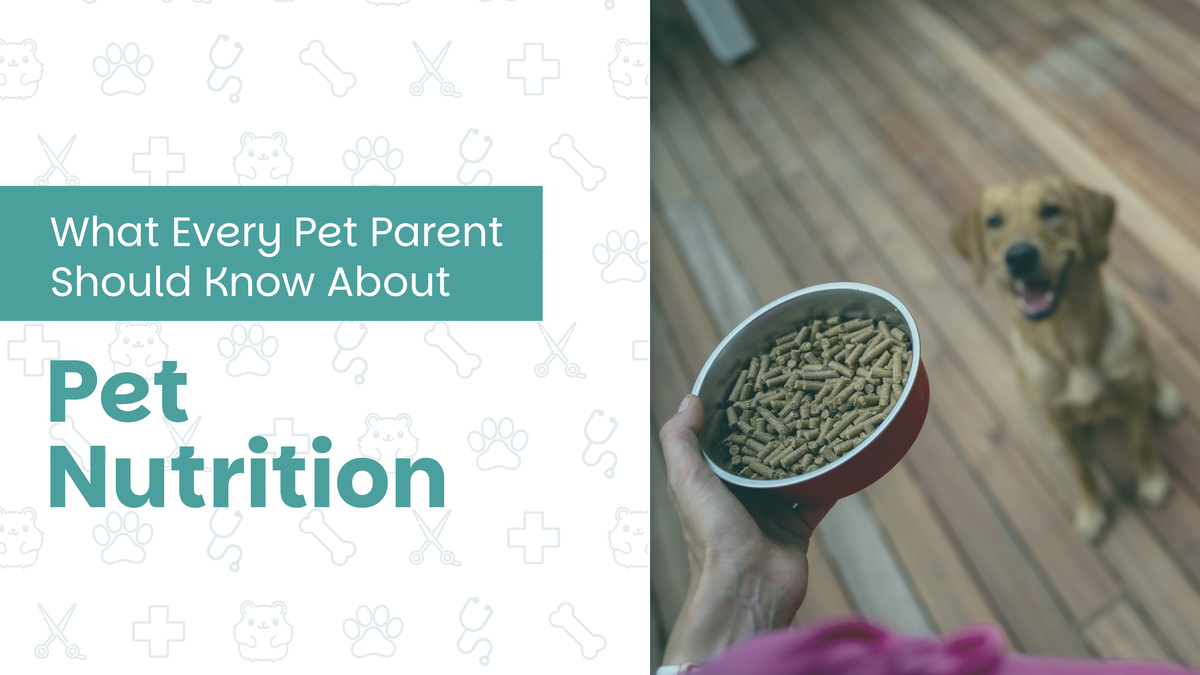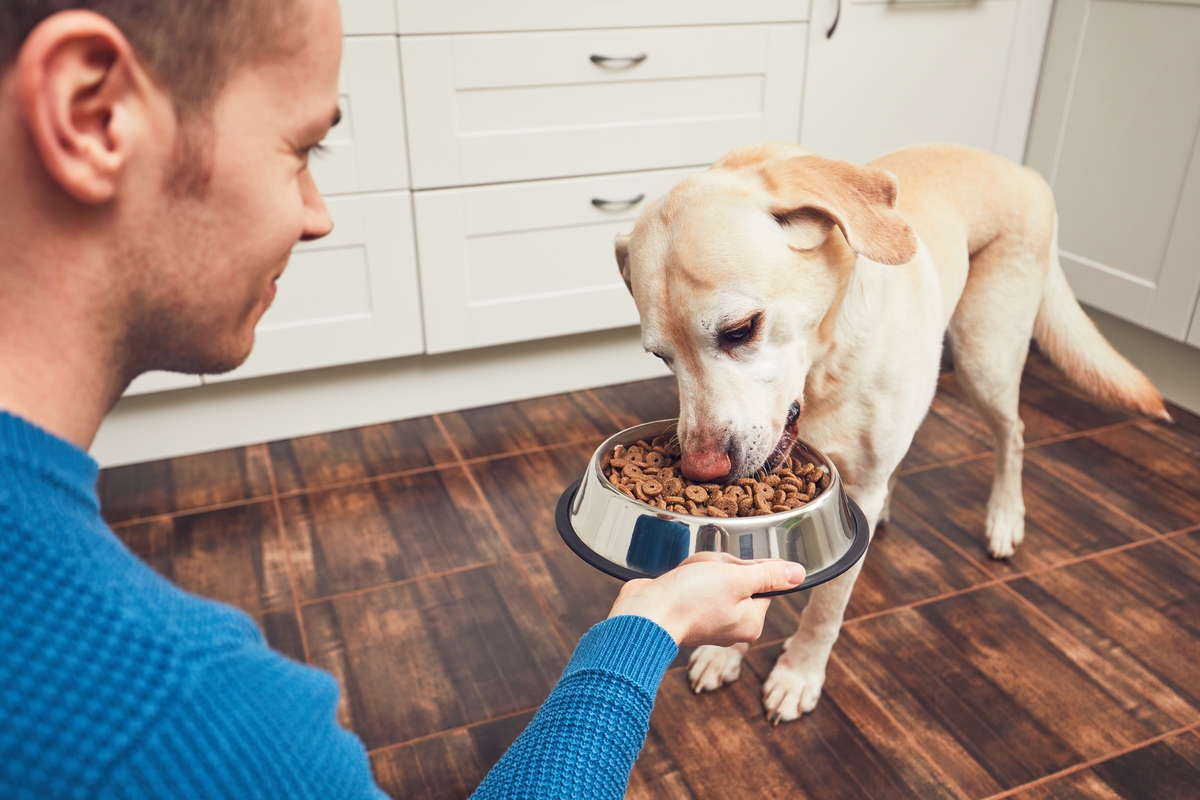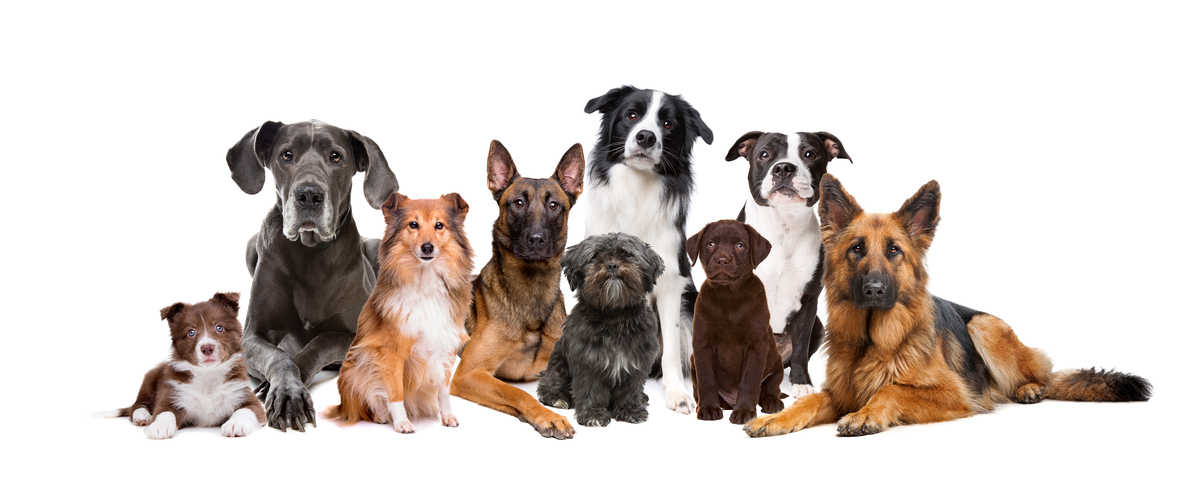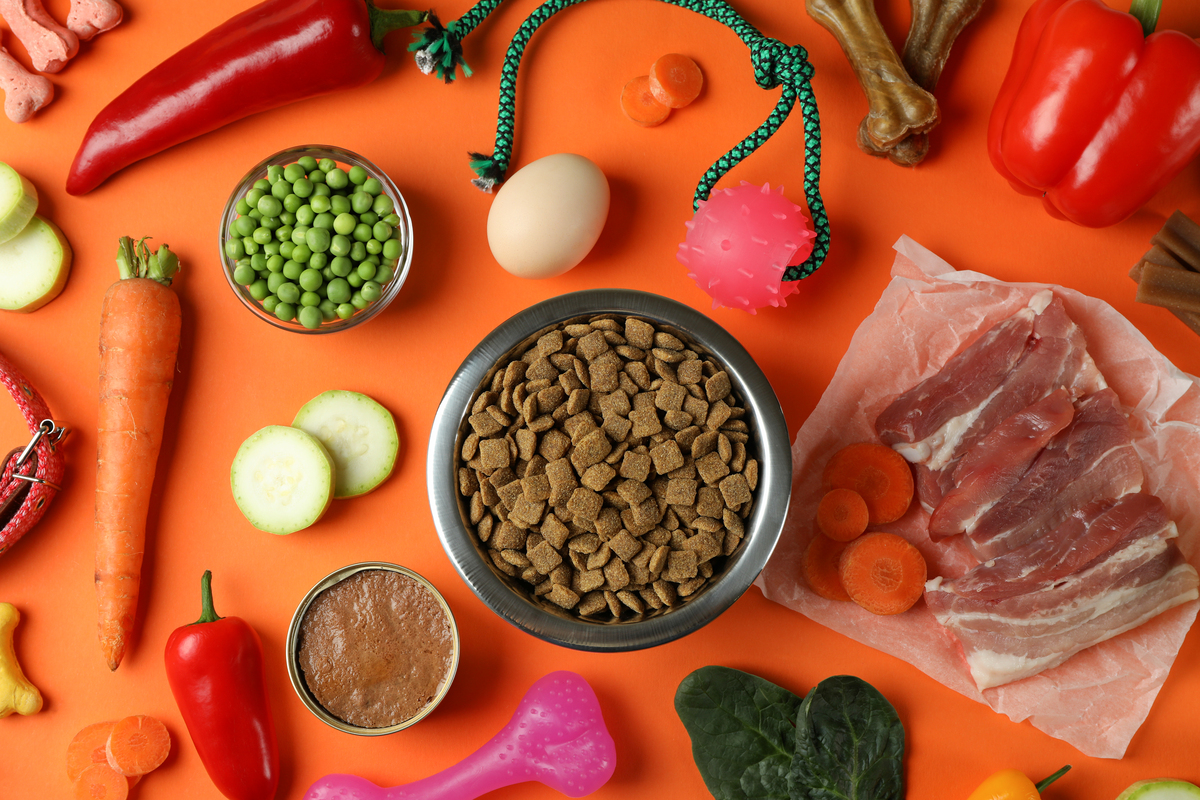What Every Pet Parent Should Know About Pet Nutrition

Ever stood in the pet food aisle, staring at row after row of bags and cans, wondering which one is actually right for your dog or cat? With labels that promise “all natural,” “grain-free,” or “packed with protein,” you may feel it’s nearly impossible to know what’s really healthy and what’s just clever marketing.
Good nutrition isn’t one size fits all. A diet that keeps one pet thriving may not meet the needs of another, especially if your furry friend has allergies, diabetes, or weight concerns. What you feed them affects everything from energy and digestion to skin, coat, and long-term health.
This is where the guidance of a trusted veterinary team makes all the difference. In this blog, we’ll explore what every pet parent should know about nutrition, what matters, what to avoid, and how to feel confident you’re giving your pet the healthiest start possible.

Why Pet Nutrition Is More Important Than You Think
You probably already know that food fuels your pet’s daily energy, but nutrition goes much deeper than that. Every bite contributes to their overall health, from the immune system to long-term wellness.
How Food Impacts Your Pet’s Health and Longevity
A balanced diet:
- Strengthens the immune system
- Supports healthy energy levels
- Promotes a shiny coat and healthy skin
- Aids digestion and organ function
- Helps maintain a healthy weight
Over time, nutrition influences not only how your pet feels each day but also their lifespan and quality of life.

Why Every Pet Has Different Dietary Needs
No two pets are exactly alike. Age, breed, size, and activity level all affect what they need from their food. For example, a playful puppy burns calories quickly, while a senior cat may need fewer calories but more joint support.
Pets with medical conditions such as diabetes, kidney disease, or allergies require carefully chosen diets that address those concerns. What works for one pet may not be the right fit for another.
How to Choose a Healthy Pet Food
Standing in front of endless food options can feel overwhelming but focusing on what truly matters helps cut through the confusion.
Ingredients That Support a Healthy Canine and Feline Diet
Look for foods that list real, recognizable protein sources such as chicken or salmon. Balanced fats, carbohydrates, and fiber are also important. Look for a clear statement from the Association of American Feed Control Officials (AAFCO) that confirms the food meets nutritional standards for your pet’s life stage. This is another reliable sign of quality.
Ingredients to Avoid in Dog and Cat Food
Some pet foods rely on vague or misleading terms that hide what’s really inside. Be cautious if you see:
- Generic labels like “meat by-product” or “animal fat” without details
- Artificial colors, preservatives, or unnecessary fillers
- Trend-driven diets, such as grain-free or raw, that may not be recommended by veterinarians
Pet Nutrition Myths Explained
There’s a lot of advice floating around online, but not all of it is backed by science. Let’s clear up some of the most common misconceptions.
Is Grain-Free Dog Food Really Better
Grain-free diets often sound appealing, but they are not automatically healthier. In fact, some grain-free diets have been linked to heart disease in dogs. Many pets tolerate grains just fine, and grains can provide valuable nutrients.
The Truth About Homemade Pet Diets
While making food at home may feel like a loving choice, it can be surprisingly difficult to balance nutrients without veterinary guidance. Homemade diets sometimes lack essential vitamins or include ingredients that are harmful to pets.

Why Free Feeding Cats and Dogs Can Be a Problem
Leaving food out all day may seem convenient, but it often leads to weight gain, especially in indoor or low-activity pets. Scheduled and measured meals help with portion control and promote consistent digestion.
How Lebanon Small Animal Clinic Supports Pet Nutrition
Even with the right information, choosing the best food for your pet can feel like a big responsibility. That’s why our Care Companions are here to guide you.
Personalized Nutritional Counseling for Dogs and Cats
We offer personalized recommendations based on your pet’s age, breed, lifestyle, and medical needs. Whether your pet needs help managing weight, adjusting for allergies, or transitioning to a special diet, we’ll provide clear guidance and ongoing support.
Preventive Care and Nutrition Through PAWS Plans
Nutrition plays an important role in preventive care. With our PAWS Plans, regular checkups allow us to track changes in weight or health and adjust your pet’s diet as needed. These wellness visits also let us address dental health and digestive issues that connect directly to nutrition.
Support Your Pet’s Health with Expert Nutrition Guidance
Nutrition is one of the most powerful ways to protect your pet’s health for years to come. At Lebanon Small Animal Clinic, we help you sort through the noise, avoid misinformation, and choose what is right for your pet at every stage of life.
If you wonder whether your pet’s current diet truly meets their needs, we are here to help. Contact us today to schedule a visit and let’s talk about your pet’s nutrition together.


